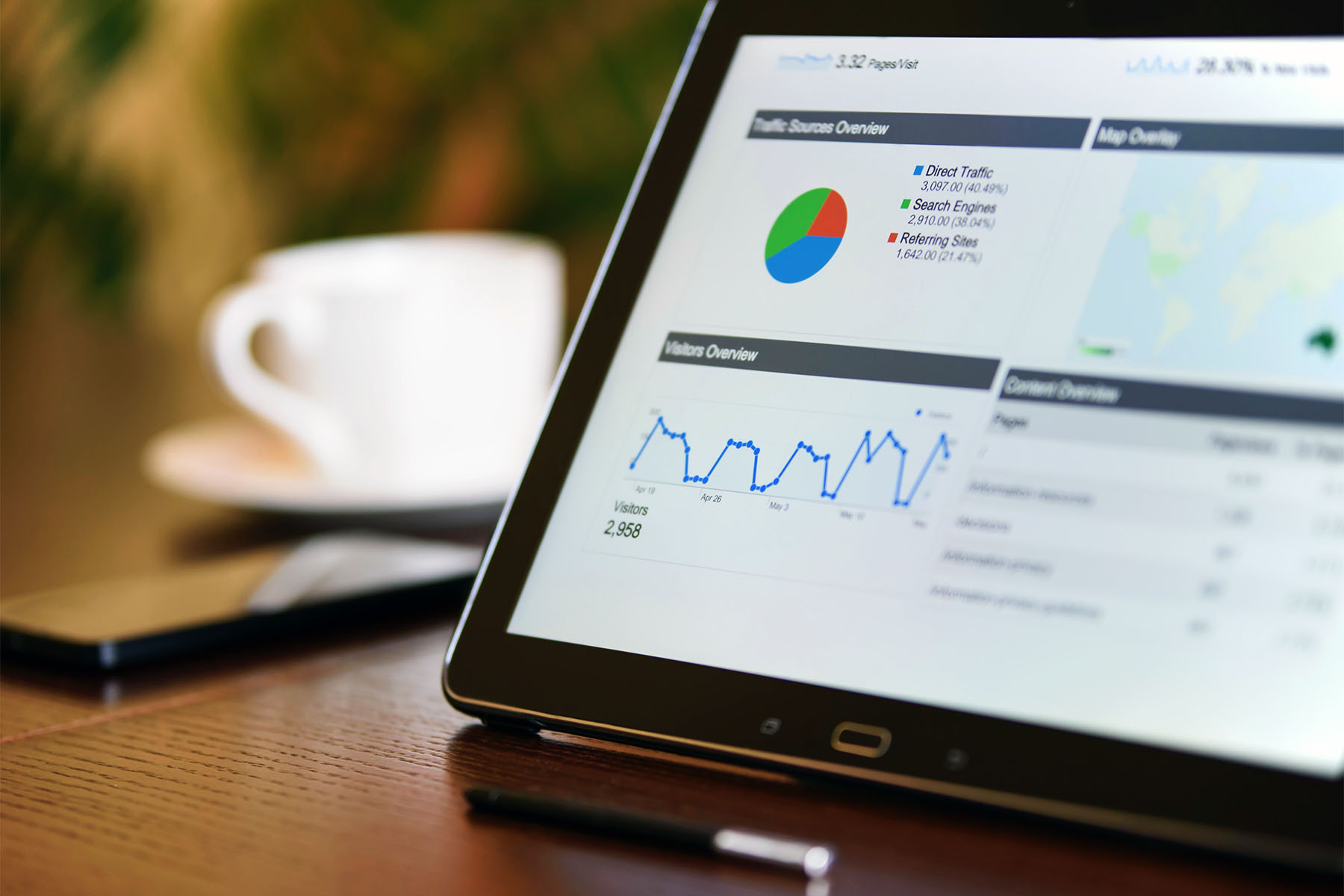Introduction
Google Analytics is an invaluable tool for anyone looking to gain insights into their website’s performance and audience behavior. Whether you’re a business owner, a marketer, or a website administrator, harnessing the power of Google Analytics can provide you with valuable data to make informed decisions and optimize your online presence. In this article, we will explore some expert tips and tricks that will help you make the most of Google Analytics like a pro.
1. Set Clear Goals
Before diving into Google Analytics, define your objectives and goals. What do you want to achieve with your website? Whether it’s increasing sales, driving traffic, or improving user engagement, having clear goals will help you set up the right tracking and measurement parameters.
2. Utilize Custom Dashboards
Google Analytics allows you to create custom dashboards, which provide a snapshot of the most important data for your business. Organize the information that matters most to you in one place, saving time and helping you access key insights quickly.
3. Master Segmentation
Segmentation is a powerful feature in Google Analytics that enables you to analyze specific subsets of your audience. By breaking down data into smaller, more targeted groups, you can uncover trends and patterns that may be overlooked in overall reports.
4. Track Website Conversions
Tracking conversions is crucial for understanding the effectiveness of your website in achieving its goals. Set up conversion tracking to monitor actions such as form submissions, purchases, or sign-ups. This data will help you identify areas for improvement in your conversion funnel.
5. Explore Behavior Flow
Understanding how visitors navigate your website is vital to optimize user experience. Behavior Flow in Google Analytics visually represents the path users take through your site, showing where they drop off or get stuck. Use this insight to enhance your website’s navigation and content flow.
6. Monitor Site Speed
Site speed significantly impacts user experience and search engine rankings. Google Analytics provides data on page load times, giving you the opportunity to identify and rectify any slow-loading pages that may be affecting user engagement.
7. Learn from Site Search Data
If your website has a search function, analyzing site search data can provide valuable insights into what your audience is looking for. Use this information to improve content, identify new topic ideas, and address any gaps in your website’s navigation.
8. Leverage Real-Time Reports
Google Analytics offers real-time reports that show you what’s happening on your website at any given moment. This feature is especially useful for tracking the impact of marketing campaigns or monitoring the success of live events.
9. Understand Referral Traffic
Knowing where your traffic comes from is essential to assess the effectiveness of different marketing channels. Utilize the “Referral Traffic” report in Google Analytics to identify which sources are driving the most valuable visitors to your site.
10. Create Custom Alerts
Stay on top of critical changes by setting up custom alerts in Google Analytics. Whether it’s a sudden drop in traffic or a surge in conversions, these alerts will notify you of significant events, allowing you to respond promptly.
11. Use Annotations
Annotations in Google Analytics enable you to add notes to specific dates on your reports. Utilize this feature to mark significant events, such as website updates, marketing campaigns, or product launches. These annotations will help you understand trends and correlations in your data.
12. Optimize for Mobile
With mobile usage on the rise, it’s crucial to ensure your website performs well on smartphones and tablets. Use Google Analytics’ mobile reports to assess mobile traffic, user behavior, and conversion rates. Optimize your site for mobile to enhance user experience and engagement.
13. Stay Updated with Google Analytics Academy
Google Analytics Academy offers free online courses to help you master the platform’s features. From beginner to advanced topics, these courses provide valuable insights and best practices to make the most of Google Analytics.
14. A/B Testing for Continuous Improvement
A/B testing allows you to compare two versions of a web page to see which performs better. Use this technique to optimize landing pages, call-to-action buttons, or content layout continually. Continuous improvement based on data-driven decisions is key to success.
15. Review and Analyze Reports Regularly
Lastly, consistently review and analyze your Google Analytics reports. Regular monitoring will help you identify trends, spot potential issues, and capitalize on new opportunities. Data-driven decisions lead to more effective strategies and improved website performance.
Conclusion
By implementing these top tips and tricks, you can take your Google Analytics proficiency to the next level. Remember to set clear goals, use segmentation, track conversions, and leverage various features to gain valuable insights into your website’s performance and audience behavior.
FAQs
1. Is Google Analytics free to use?
Yes, Google Analytics offers a free version that provides robust website analytics features. However, there is also a premium version, Google Analytics 360, which caters to enterprise-level businesses with advanced capabilities.
2. Can I use Google Analytics for mobile apps?
Yes, Google Analytics can be integrated into mobile apps to track user interactions, in-app behavior, and other relevant data. The process involves implementing the Google Analytics SDK and setting up tracking parameters.
3. How often should I review my Google Analytics reports?
The frequency of reviewing reports depends on your website’s traffic volume and the nature of your business. For most websites, a weekly or monthly review should suffice, but high-traffic sites may benefit from more frequent analysis.
4. Can Google Analytics help me identify my most popular content?
Absolutely! Google Analytics provides data on page views, time spent on page, and other engagement metrics. By analyzing this data, you can identify which content resonates most with your audience.
5. Is Google Analytics compliant with data privacy regulations?
Yes, Google Analytics allows you to enable data privacy settings and comply with various regulations, such as GDPR (General Data Protection Regulation). Ensure you configure these settings correctly to protect user data and meet legal requirements.

